Keywords: The Men Who Came Out Of The Ground
-
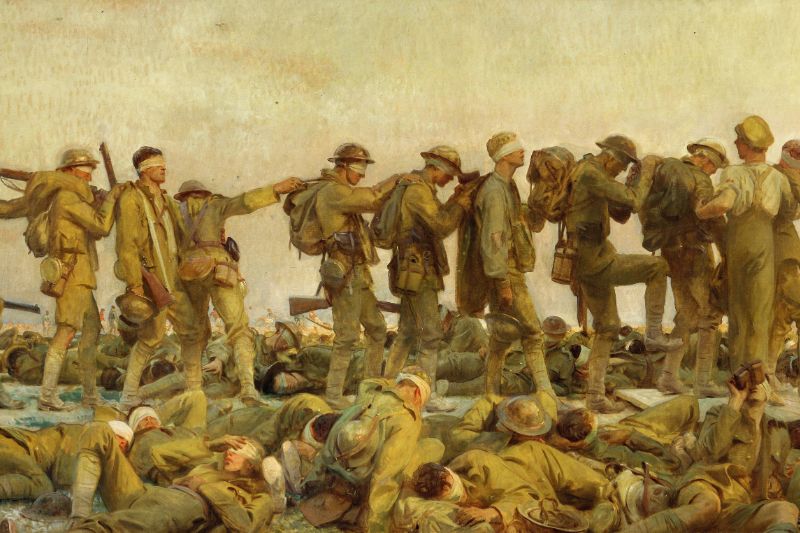
ARTS AND CULTURE
- Warwick McFadyen
- 16 October 2024
If only those who send their nation’s youth to war would read Muse of Fire, World War I as seen Through the Lives of the Soldier Poets. It is both homage and horror story. It carries the reader across several fronts – the disparate journeys that led these men to the killing fields of Europe, the blood-soaked chrysalis from which the words of the war poets arose.
READ MORE
-
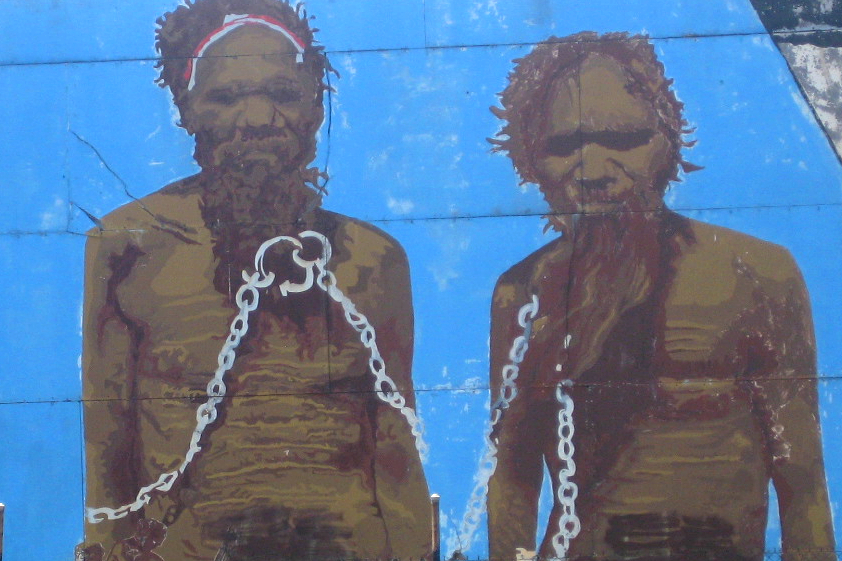
AUSTRALIA
- Brian McCoy
- 14 December 2021
15 Comments
I don’t write to State Premiers very often. However, a month ago I did. It was to the Western Australian Premier, Mark McGowan. It was not about Test cricket, the Juukan Gorge or opening the state’s borders. It was in relation to a photo on the front page of The Australian on the weekend of the 6/7 November showing an Aboriginal man in Western Australia boarding a plane under arrest. He was barefooted and with both a wrist and ankle chain.
READ MORE 
-
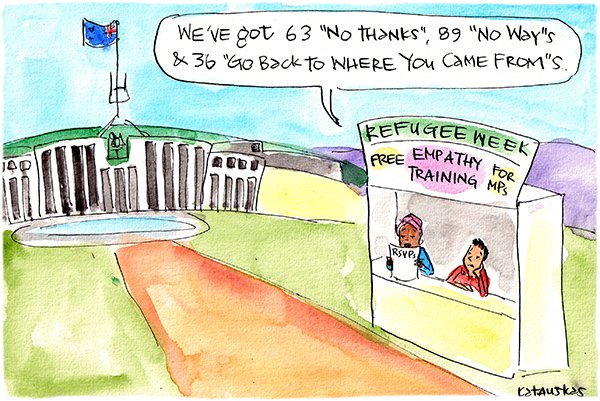
AUSTRALIA
- Andrew Hamilton
- 24 June 2021
32 Comments
Deterrence has an inner logic that we can see in Australian treatment of people who seek protection. In the first place it tends to become increasingly brutal. Each breach of policy must be met with a more effective deterrent.
READ MORE 
-
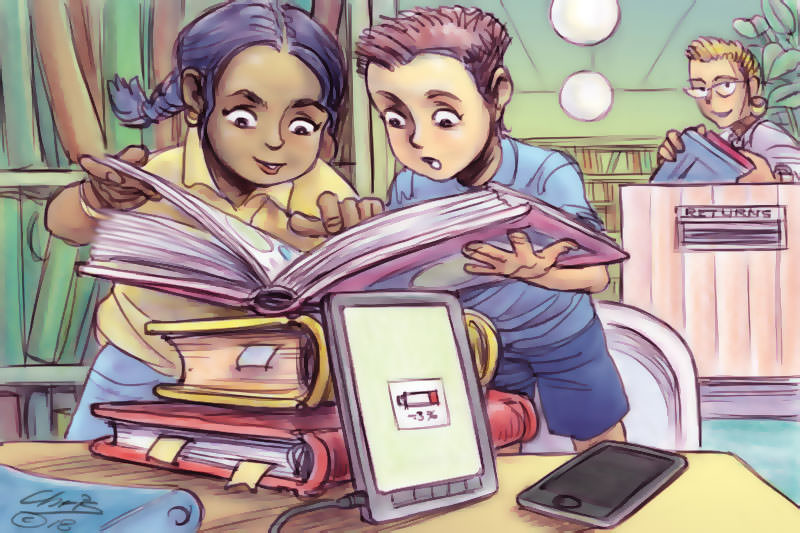
ARTS AND CULTURE
- Sheila Ngoc Pham
- 10 August 2018
12 Comments
We had some books at home so I wasn't wholly deprived but I did have to discover reading without any real parental guidance; English wasn't even our home language. But when I started working at my local public library, it became clear that while I might have been the child of refugees, for many, libraries themselves were a refuge.
READ MORE 
-
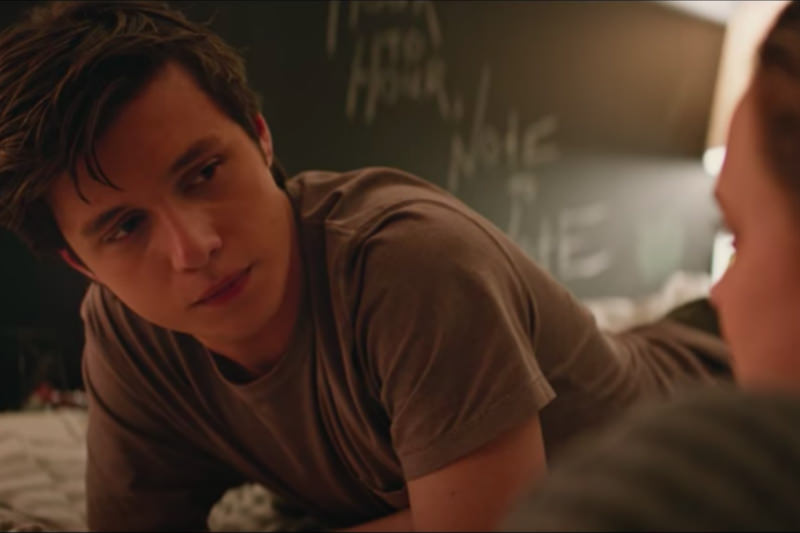
AUSTRALIA
- Neve Mahoney
- 13 June 2018
13 Comments
No LGBT+ person can be certain how someone else is going to react. When I came out, I felt like I was risking my relationships. Whenever someone who didn't know about my sexuality told me they loved or cared for me, I mentally added a 'but': 'But that might not be true after I tell you.'
READ MORE 
-
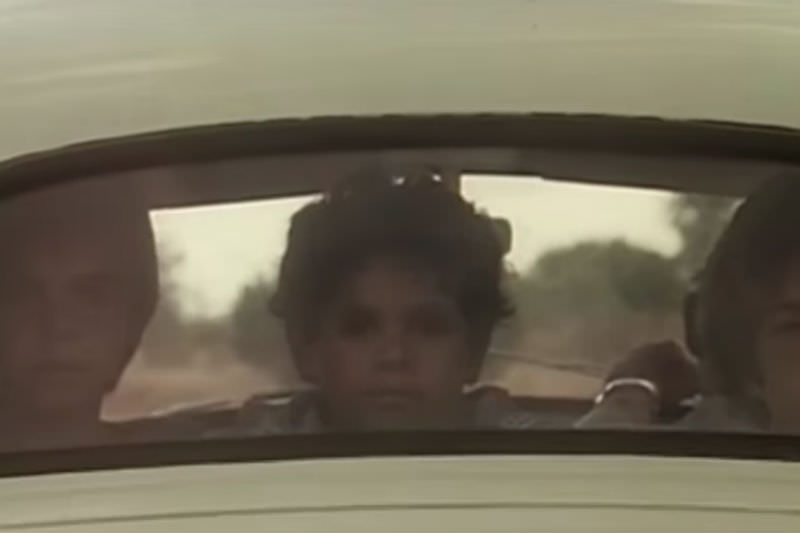
AUSTRALIA
- Michele Madigan
- 24 April 2018
13 Comments
Commemorating the 25th anniversary of the Royal Commission into Aboriginal Deaths in Custody, NITV re-screened Richard Frankland's 1993 documentary Who Killed Malcolm Smith? Watching it, it became totally clear to me about Manus Island and Nauru. Perhaps as a nation this violence, this contempt of the 'other', is in our DNA.
READ MORE 
-

ARTS AND CULTURE
'Faith is 24 hours of doubt and one minute of hope,' says one of the nuns at a 1945 Polish convent. Soon Red Cross doctor and avowed atheist Mathilde learns the details of the predicament: of the terror wrought at the convent by Russian soldiers at the end of the war. Over the coming weeks, she oversees the health of those who fell pregnant during the intrusion. Gradually she wins their trust and, in the process, has her mind opened to a brand of faith that, in such circumstances, can be anything but blind.
READ MORE 
-

ARTS AND CULTURE
With PNG's Supreme Court finding last month that the detention of asylum seekers on Manus Island was unconstitutional, the shamefulness of Australia's border protection policies was once again laid bare. Advocates will be familiar with the facts and arguments that Chasing Asylum articulates. What sets it apart is its wealth of hidden camera footage caught within the grim confines of the centre on Nauru, and Orner's conversations with detainees and social workers who bore witness to the dire daily reality there.
READ MORE 
-
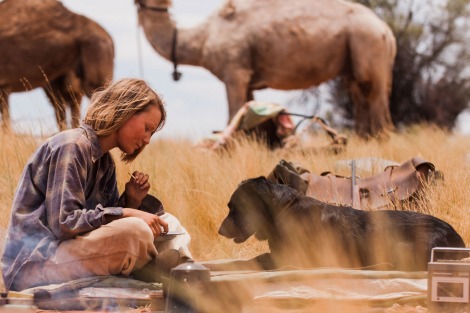
ARTS AND CULTURE
- Tim Kroenert
- 06 March 2014
3 Comments
Robyn Davidson's trek in 1978, 2700km overland from Alice Springs to the Indian Ocean with only four camels and a dog for company, is the stuff of legend. Her physical ordeal takes her also to the jagged ends of her emotional and mental being, as she is pestered by tourists, for whom 'the camel lady' is already a living legend, and by paparazzi, who assail her at her most frayed. There is no missing the spiritual dimensions of her journey.
READ MORE 
-
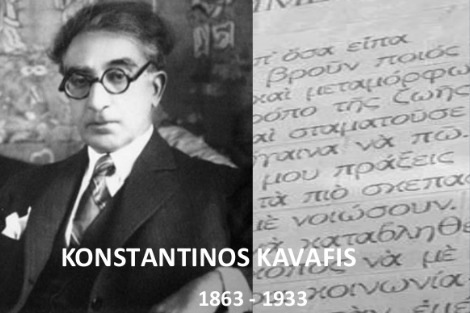
INTERNATIONAL
- Gillian Bouras
- 11 December 2013
7 Comments
I knew nothing about Kavafis until I came to Greece, but his presence in my mental and literary life is one of the many presents migration has given me. He was part of the cultivated Greek diaspora in Alexandria, where he spent most of his life working at his day jobs: those of journalist and civil servant. He was a relentless perfectionist who polished and reworked his 154 poems, which were read initially only by his friends.
READ MORE
-

AUSTRALIA
- Fatima Measham
- 07 June 2013
66 Comments
There is no denying that our nation was forged by men and women who settled here from the UK. There is also no denying that men and women from other parts of the world came after them, and that there were countless generations here before them. Until monarchists can reconcile themselves with these facts then the image they hold of Australia is incomplete.
READ MORE 
-

AUSTRALIA
- Moira Rayner
- 08 January 2013
14 Comments
One of the informing moments of my career as a lawyer came from the survivors of a family who disclosed that an authoritarian father had beaten and raped every one of his children — under the very eye of their mother. The Royal Commission isn't about punishing predators. It must find a way to institutionalise the right of every child to be heard. Tuesday 13 November
READ MORE 